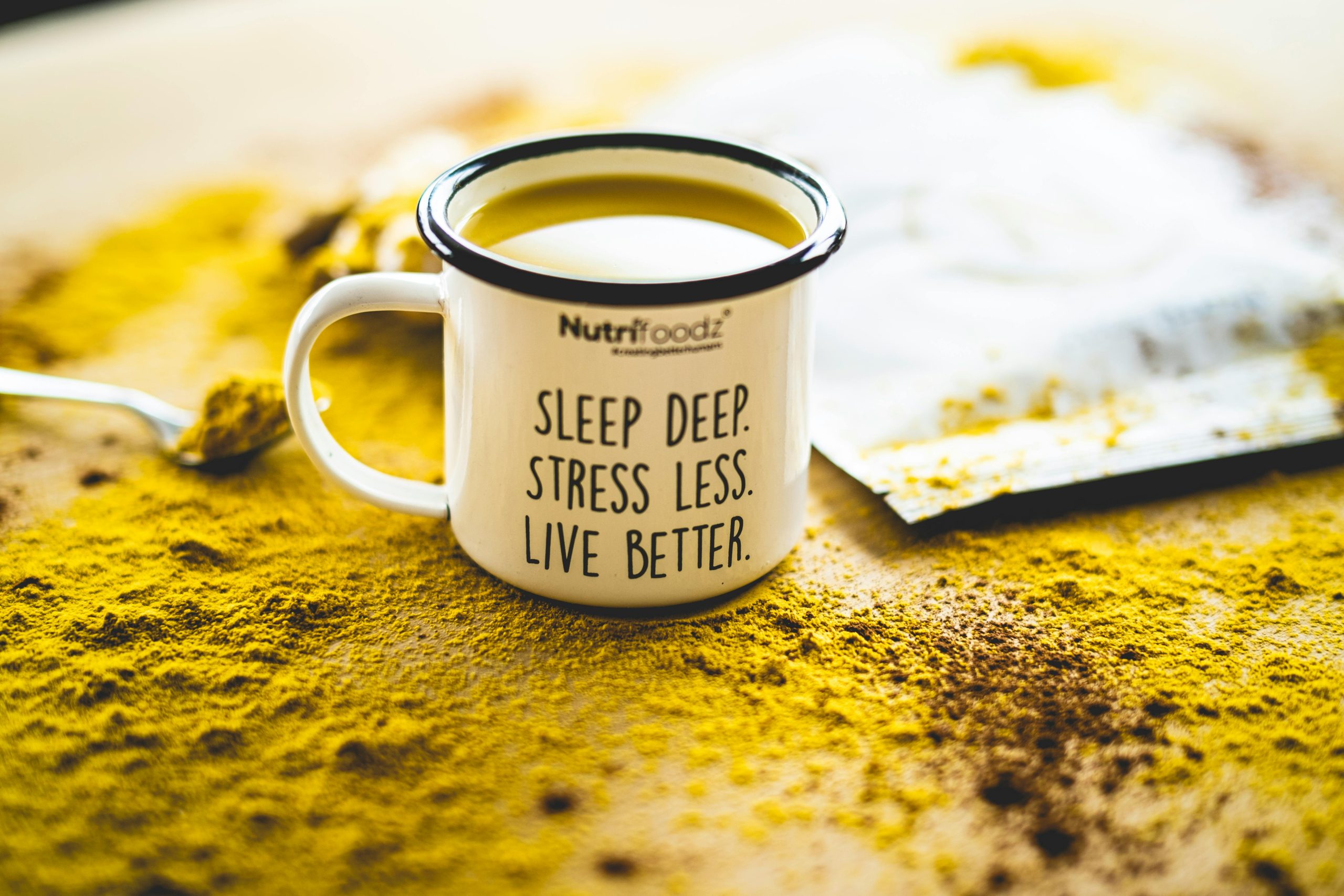Struggling to fall asleep or stay asleep through the night? You’re not alone. Millions of people worldwide experience sleep disturbances, whether due to stress, anxiety, or an overactive mind. While prescription medications can help, they often come with unwanted side effects. Fortunately, nature offers a gentler solution: calming herbs. These natural remedies have been used for centuries to promote relaxation and improve sleep quality. In this article, we’ll explore some of the most effective soothing herbs to help you drift off peacefully and wake up refreshed.
Chamomile: The Classic Sleep Aid
Chamomile is perhaps the most well-known herb for promoting relaxation and sleep. Its delicate, apple-like aroma and mild sedative properties make it a popular choice for bedtime teas. Chamomile contains apigenin, an antioxidant that binds to receptors in the brain, reducing anxiety and initiating sleep.
How to use chamomile:
- Brew a cup of chamomile tea 30 minutes before bed.
- Add a few drops of chamomile essential oil to a diffuser for a calming atmosphere.
- Try chamomile supplements if you prefer a more concentrated dose.
Studies have shown that chamomile can improve sleep quality, especially for those with mild insomnia. Its gentle effects make it safe for long-term use, even for children.
Valerian Root: Nature’s Sedative
Valerian root has been used since ancient times as a natural remedy for insomnia and nervous tension. Its compounds, including valerenic acid, interact with the GABA receptors in the brain, promoting relaxation and reducing the time it takes to fall asleep.
How to use valerian root:
- Drink valerian tea, though its earthy taste may not appeal to everyone.
- Take valerian root capsules or tinctures for a more potent effect.
- Combine valerian with other calming herbs like lemon balm for enhanced benefits.
While valerian is generally safe, it’s best to start with a low dose, as some people may experience grogginess the next morning. Avoid using it long-term without breaks.
Lavender: The Scent of Serenity
Lavender isn’t just a pretty flower—it’s a powerful sleep enhancer. Its soothing fragrance has been scientifically proven to lower heart rate and blood pressure, creating an ideal state for sleep. Lavender’s calming effects come from compounds like linalool and linalyl acetate.
How to use lavender:
- Place a few drops of lavender essential oil on your pillow or in a diffuser.
- Drink lavender tea, though it’s less common than chamomile.
- Add dried lavender to a warm bath before bedtime.
Research suggests that lavender can improve sleep quality, particularly for those with anxiety-related insomnia. Its pleasant aroma makes it an easy addition to any nighttime routine.
Passionflower: Calming the Overactive Mind
Passionflower is another herb renowned for its ability to quiet racing thoughts and ease restlessness. It works by increasing levels of GABA in the brain, which helps reduce nervous system activity. This makes it especially useful for those whose insomnia is linked to stress or anxiety.
How to use passionflower:
- Steep passionflower leaves in hot water for a relaxing tea.
- Take passionflower extract in capsule or tincture form.
- Combine it with valerian or chamomile for a synergistic effect.
Studies indicate that passionflower can improve sleep quality without causing next-day drowsiness, making it a great option for those who need to stay sharp in the morning.
Lemon Balm: A Gentle Relaxant
Lemon balm, a member of the mint family, has mild sedative properties that can help ease tension and promote restful sleep. It’s often used to alleviate stress and improve mood, which can indirectly support better sleep.
How to use lemon balm:
- Brew fresh or dried lemon balm leaves into a tea.
- Take lemon balm supplements for a more concentrated effect.
- Use lemon balm essential oil in aromatherapy blends.
Lemon balm is safe for most people and can be used daily. Its pleasant, citrusy flavor makes it a delightful addition to evening rituals.
Conclusion
If you’re looking for a natural way to improve your sleep, these soothing herbs offer a gentle and effective solution. From chamomile’s time-tested relaxation to valerian root’s sedative properties, there’s an herb to suit every need. Experiment with different options to find what works best for you, and consider combining them for enhanced benefits. Remember, while herbs can be powerful allies for better sleep, maintaining a consistent bedtime routine and a healthy lifestyle will further support your journey to restful nights. Sweet dreams!


